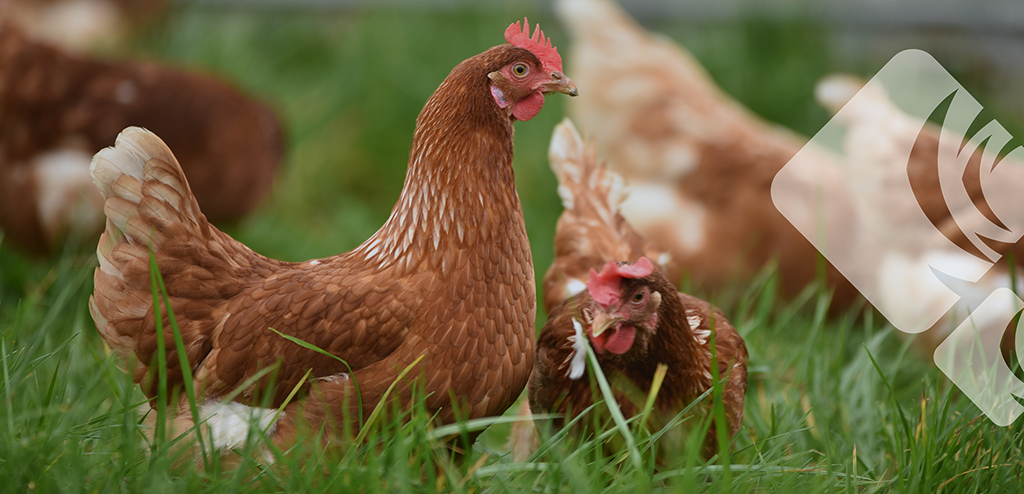DSD shows its love for The Lincolnshire Show

Independent agricultural insurance broker, Dallas Scott Davey Ltd (DSD), backed the Lincolnshire Show for a third year – sponsoring the spectacular vehicle parade. Based in the heart of Lincolnshire, DSD’s directors, Ed Davey and Darren Scott, have been in the insurance industry for nearly 50 years combined. Ed, who lives at Thornton Curtis in North […]
Bird flu drives demand for specialist insurance products

As the ongoing crisis in the wild bird population continues, and with the conventional “high risk” season upon us, a specialist agricultural insurance broker, says it’s more important than ever that businesses have contingency plans in place. Despite the nationwide Avian Influenza Prevention Zone (AIPZ), which has been in place across Great Britain since 3 […]
Chewing the cud – an agricultural insurance brokers view

Ed Davey is a director at Dallas Scott Davey, an independent insurance broking and risk management firm based in Lincolnshire, that is part of the TL Dallas group. Dallas Scott Davey specialises in agricultural insurance. Ed said: “Agriculture has faced and risen to major challenges for hundreds of years, not least because Yeoman are generally […]
